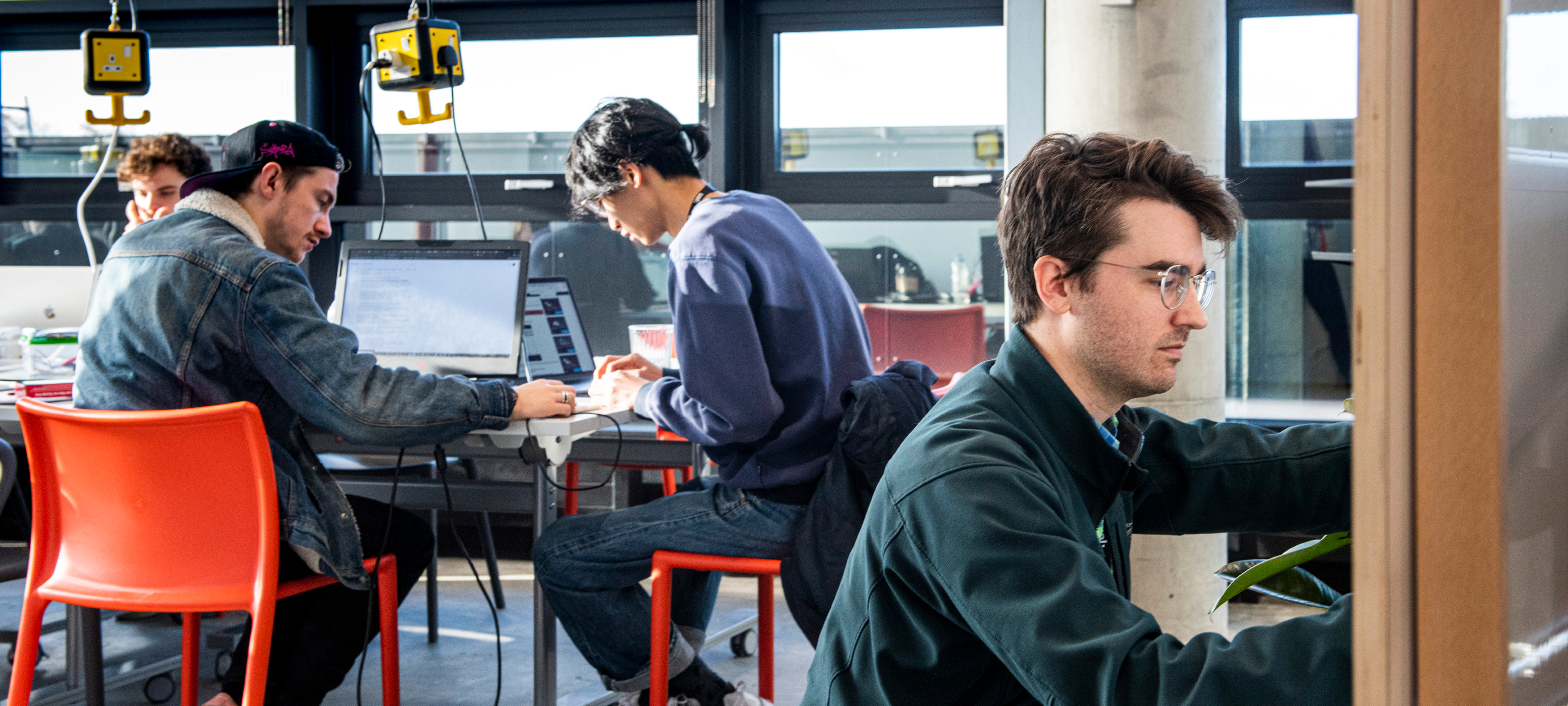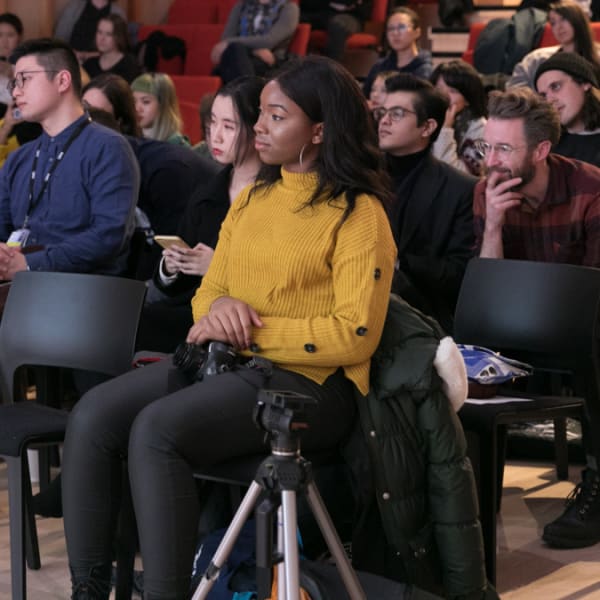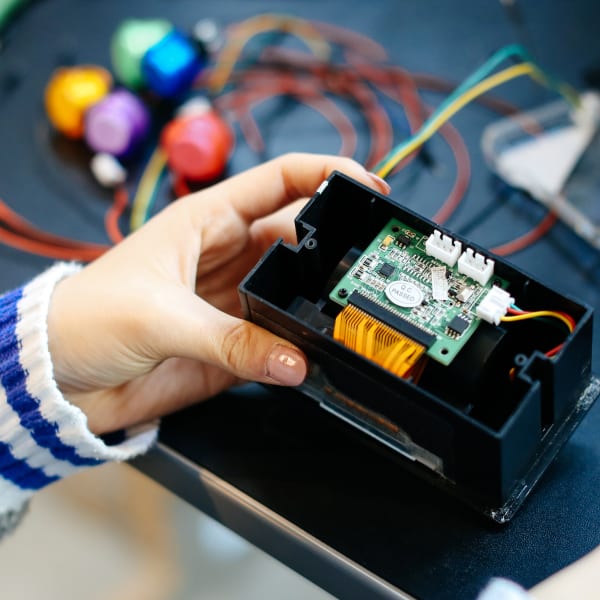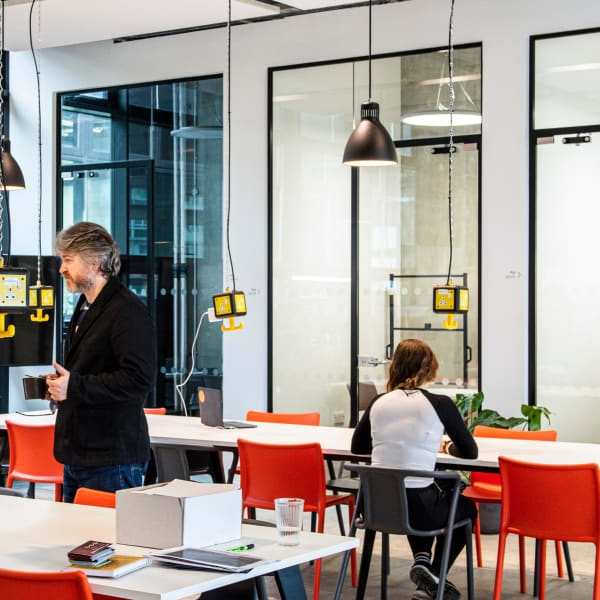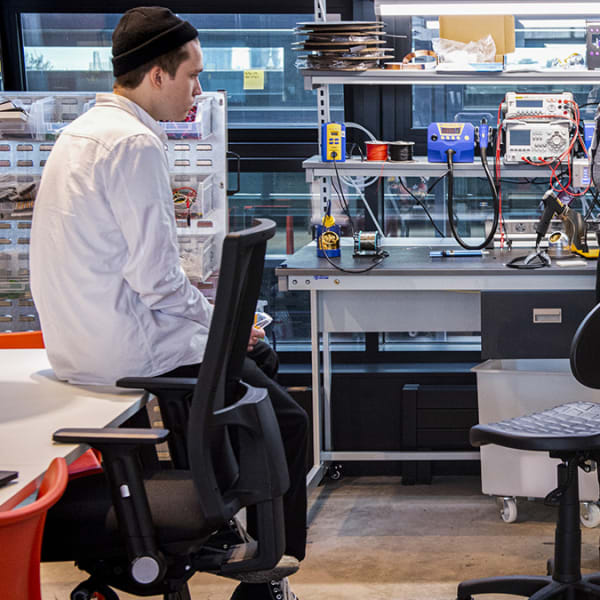Course units
Term 1
Pick any two units from the following:
- Coding for Robotics
- Critical Robotics: Studies and Research Methods
- Embedded Systems and Soft Robotics
- Methods 1: Domain Knowledge and Creative Computing
- Creative Coding for Research
- Coding for Digital Media
- Conversational Interfaces
- Critical Coding: Advanced Creative Practice
- Creative Making: Advanced Physical Computing and Tangible Media
- Intersectional Internets
- Critical Coding Practices
Term 2
If you have selected Critical Coding: Advanced Coding Practice in Term 1, select only one extra unit. Otherwise, pick two units from the following:
- Introduction to Machine Learning
- Creative Making and Applied Robotics
- Methods 2: Creative Computing Research Methods
- Research Design and Experimental Data in Creative Computing
- Data Science for Creative Industry
- Multimedia Machine Learning
- Creative Making: Advanced Computational Creativity and Responsive Environments
- Computational Inequalities
- Design for Social Change
Term 3
If you picked one 40 credit unit in Term 2, select only one extra unit from the following. If you picked two 40 credit units in Term 2, do not select any extra units. If you have only selected MRes units in Terms 1 and 2, you must select at least two MA or two MSc units to complete the Final Project. Otherwise, pick two units from the following:
- Applied Machine Learning
- Methods 3: Computational Research Ethics
- Performing Data
- Engaging Machine Intelligence
- Platform Potentials
- Methods for Equitable Technology Development
Term 4
Pick one Final Project unit. To select the Creative Computing Final Project, you must have completed two or more MSc units. To select the Internet Equalities Final Project, you must have completed two or more MA units.
- Creative Computing Final Project (MSc)
- Internet Equalities Final Project (MA)
